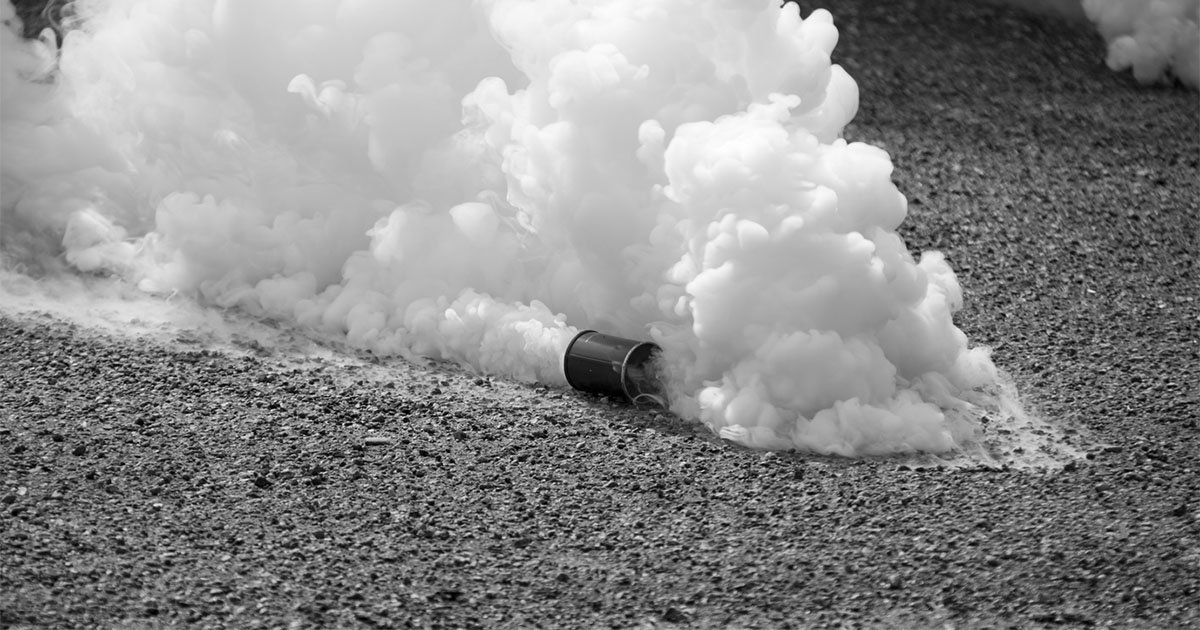In the wake of nationwide protests following the murder of George Floyd in May 2020, anecdotal reports of irregular menstrual cycles emerged among protestors who were exposed to tear gas used by law enforcement. Those reports — and the fact that the reproductive health effects of exposure to tear gas and other chemical agents is largely unknown — were the impetus for a new study from the University of Minnesota School of Public Health (SPH).
The study, published in Frontiers in Epidemiology, adds to previous research about the short-term and long-term adverse health effects of exposure to a range of chemical agents colloquially known as “tear gas” and often employed by law enforcement agencies. Many of these chemicals have been banned in active warfare by international treaties because they have been linked to a range of negative health effects, including blindness, glaucoma, and respiratory failure.
Using a national survey, SPH researchers conducted a cross-sectional analysis to collect reproductive and sexual health experiences among protest attendees with uteri who were exposed to chemical agents.
The study found:
-

Asha Hassan 83% of respondents reported at least one adverse reproductive health outcome, including uterine cramping (69%), early menstrual bleeding (55%), breast tenderness (30%), and delayed menstrual bleeding (19%)
- Greater exposure to chemical agents was significantly associated with higher odds of an adverse reproductive health outcomes: Those with five days or more of exposure experienced 2.6 times more negative reproductive outcomes.
“This study adds to previous research documenting the many ways that structural racism through police violence can impact reproductive and perinatal health,” says Asha Hassan, a lead author of the study. “Law enforcement agencies see chemical agents as ‘less lethal’ weapons, but the fact is that we simply do not know very much about the short-term or long-term public health effects tear gas and other chemical agents have on reproductive health. This study is only the beginning of raising questions about the health effects of tear gas exposure.”
Given the pervasive use of these chemical agents and their potential for reproductive health harm, the researchers urgently recommend that policymakers push for limitations, conditions, and greater transparency in the use of chemical agents by law enforcement agencies.
The study was co-authored by researchers from Planned Parenthood North Central States.

